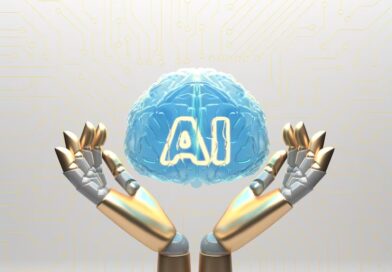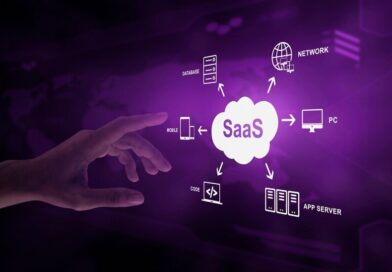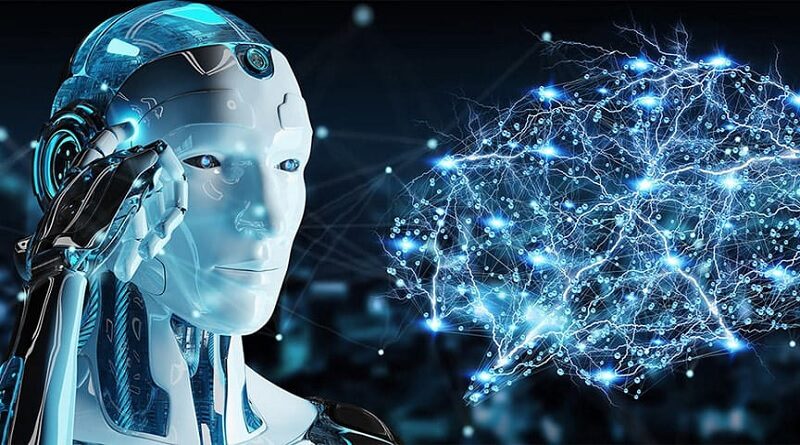How artificial intelligence could lower nuclear energy costs
Operation and maintenance costs are quite relevant for nuclear units, which currently require large site crews and extensive upkeep, we think that autonomous operation can help to improve their profitability and also benefit the deployment of advanced reactor concepts.” Roberto Ponciroli, a principal nuclear engineer at Argonne.The project, funded by the DOE Office of Nuclear Energy’s Nuclear Energy Enabling Technologies program, aims to create a computer architecture that could detect problems early and recommend appropriate actions to human operators. The technology could save the nuclear industry more than $500 million a year, Ponciroli and colleagues estimate. A typical nuclear plant can hold hundreds of sensors, all of them monitoring different parts to make sure they are working properly.
In a world where decisions are made according to data, it’s important to know that you can trust your data, Sensors, like any other component, can degrade. Knowing that your sensors are functioning is crucial.” Roberto Ponciroli, a principal nuclear engineer at Argonne.The job of inspecting each sensor and the performance of system components such as valves, pumps, heat exchangers currently rest with staff who walk the plant floor. Instead, algorithms could verify data by learning how a normal sensor functions and looking for anomalies. Having validated a plant’s sensors, an artificial intelligence system would then interpret signals from them and recommend specific actions.
The lower-level tasks that people do now can be handed off to algorithms, we’re trying to elevate humans to a higher degree of situational awareness so that they are observers making decisions.” Richard Vilim, an Argonne senior nuclear engineer.
See More

Faster Insights with Splunk AI Assistant for SPL: Now More Personal Than Ever
Splunk AI Assistant for SPL has revolutionized how users interact with Splunk’s powerful Search Processing Language (SPL), making data analysis more

From Complexity to Clarity: Leveraging AI to Simplify Fraud, Waste, and Abuse Investigations at Every Level
Fraud, waste, and abuse pose significant challenges across all sectors, from corporate enterprises to federal institutions. With increasing scrutiny from

Beyond the horizon: Navigating the bridge between today’s tech and tomorrow’s AI
On the calendar, a year has 365 days. But in the world of AI, it often feels like every month

Cyber Threats 2025: Dark Web Hacks, AI Malware, and Ransomware Take Center Stage
As cyber threats continue to evolve, 2025 marks a turning point for businesses and individuals facing increasingly sophisticated attacks. Hackers

The Role of AI in Enhancing SaaS Applications
SaaS has become a core business necessity for today’s companies, which require agile, scalable, and affordable software solutions. However, with
See More Blogs

Faster Insights with Splunk AI Assistant for SPL: Now More Personal Than Ever
Splunk AI Assistant for SPL has revolutionized how users interact with Splunk’s powerful Search Processing Language (SPL), making data analysis more

From Complexity to Clarity: Leveraging AI to Simplify Fraud, Waste, and Abuse Investigations at Every Level
Fraud, waste, and abuse pose significant challenges across all sectors, from corporate enterprises to federal institutions. With increasing scrutiny from

Beyond the horizon: Navigating the bridge between today’s tech and tomorrow’s AI
On the calendar, a year has 365 days. But in the world of AI, it often feels like every month

Cyber Threats 2025: Dark Web Hacks, AI Malware, and Ransomware Take Center Stage
As cyber threats continue to evolve, 2025 marks a turning point for businesses and individuals facing increasingly sophisticated attacks. Hackers

The Role of AI in Enhancing SaaS Applications
SaaS has become a core business necessity for today’s companies, which require agile, scalable, and affordable software solutions. However, with




